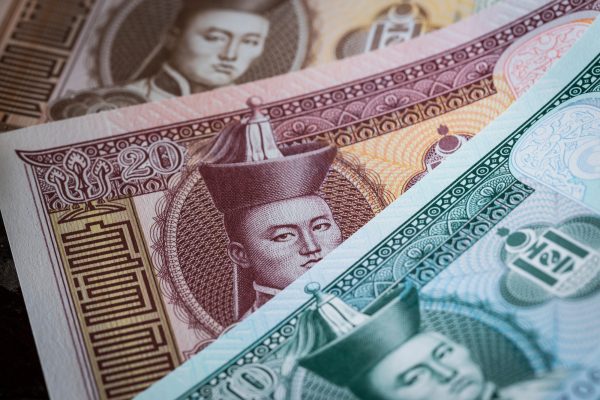Funding includes threat. The return the investor expects to obtain is what justifies the danger. The upper the anticipated return, the upper the danger. It is a basic idea in economics and enterprise. In the case of international monetary flows, particularly in rising markets, this equation is typically altered. Buyers need excessive returns available in rising markets, however in addition they wish to decrease their threat of publicity. Usually, the state is the one anticipated to “de-risk” the funding, both by means of direct or oblique ensures.
What sort of dangers are we speaking about? An apparent one is trade charge threat, the place income-generating property denominated in native currencies grow to be much less precious to international traders if the forex begins depreciating. Different dangers embrace the potential for default, or in any other case being unable to recoup an funding due to poor enterprise situations or bureaucratic or political roadblocks.
Principally, international traders could also be hesitant to place their cash in an rising market due to concern that, ought to issues go sideways, they gained’t be capable of get it out. This could make it tough to draw international funding at a big scale and inhibit the power to finance capital-intensive initiatives like roads, energy vegetation, and so forth.
The worldwide monetary system has developed an answer for this drawback, nonetheless. With a view to entice international capital, rising markets often supply excessive charges of return, whereas the state is commonly anticipated to explicitly or implicitly assure the funding.
That is the place the time period “de-risking state” comes from (or as Professor Daniela Gabor phrases it, the Wall Avenue Consensus) and it deviates from the traditional risk-reward calculus that usually determines funding choices beneath perfect market situations. When the state de-risks a challenge, it means traders can nonetheless get pleasure from excessive charges of return, however the state is now absorbing some or all the threat.
There are completely different ways in which a state can de-risk funding. One is thru an specific assure. You usually see this in main infrastructure initiatives, the place the state will assure the liabilities incurred from international traders or lenders so as to be certain that the challenge goes ahead. Indonesia has an infrastructure assure fund particularly for this function, and it has been used usually through the Jokowi period to hurry up main infrastructure initiatives like toll roads.
Subsidies are one other type of de-risking as a result of the state affords incentives to customers so as to guarantee there’s a marketplace for sure merchandise. We see this lots as of late with issues like electrical automobiles. Underneath perfect market situations, it must be the EV-makers who bear the danger of inadequate demand, however funding in clear vitality is taken into account too essential to attend for the market to catch up. So, the state steps in and speeds issues up.
States additionally de-risk funding by means of implicit ensures. In rising markets, this usually happens by means of state-owned enterprises (SOEs). It’s extremely unlikely that the state will let a serious SOE go beneath, which implies that even with no formal authorities assure states have an incentive to verify initiatives involving SOEs are profitable, and are additionally more likely to save SOEs from insolvency. Forming joint ventures or co-investing in or with an SOE can, in lots of circumstances, be thought-about a type of implicit state de-risking.
De-risking goes to play an enormous function within the Simply Vitality Transition Partnerships being rolled out in Southeast Asia. These are multi-billion-dollar funds earmarked for funding in clear vitality and early retirement of coal-fired energy vegetation in Indonesia and Vietnam. Half the funds are anticipated to return from the non-public sector at market charges, and it appears probably {that a} main sticking level might be how the danger is allotted.
Will the offers be denominated in native forex or international forex? If international, it means the trade charge threat might be shifted from the traders onto state-owned electrical utilities (the utilities accumulate income from clients in native forex, so in the event that they need to pay traders in international forex, they’ll take losses if the native forex depreciates). Will traders search specific authorities ensures? If that’s the case, it can once more shift extra threat onto the state when beneath perfect market situations this threat ought to already be priced in and borne by the traders.
Does this imply states ought to by no means de-risk non-public funding? After all not. States absorbing threat is commonly justified, particularly in service of pressing improvement targets or the place market failures are probably. However when the state agrees to soak up threat from the non-public sector, it ought to achieve this in line with some form of strategic logic and search to reduce the danger whereas bargaining for favorable phrases in trade. Most significantly, the allocation of threat must be acknowledged for what it’s: a aware and sometimes tough determination made by human beings, and one which carries each upsides and disadvantages.



















Discussion about this post